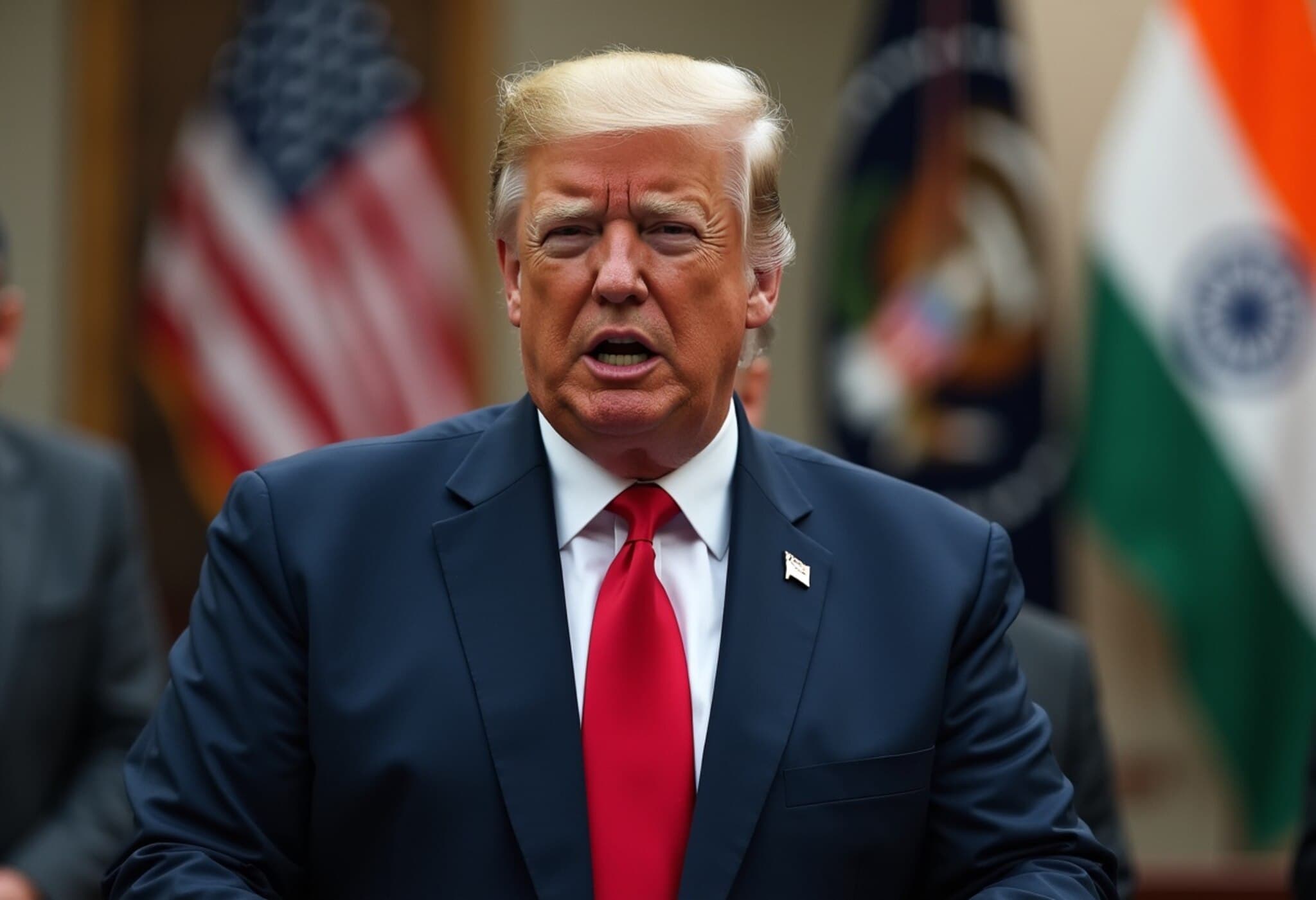Thousands of Boeing Defense Workers Initiate Strike Amid Contract Deadlock
In a significant labor standoff, approximately 3,200 Boeing defense workers in Missouri and Illinois commenced a strike at midnight on Monday, August 4, 2025. This development comes after the workforce, represented by the International Association of Machinists and Aerospace Workers (IAM), rejected Boeing’s latest contract proposal, citing that the offer fails to adequately reflect their contributions and skills.
The Roots of the Dispute
The strike follows the union’s resounding refusal of a revised four-year labor agreement. Just a week prior, Boeing’s initial contract offer, which included a 20% wage increase over four years along with additional vacation benefits, was also rejected. Boeing claims their updated proposal effectively doubled the wage hike to an average of 40% over the term and sought to address the workforce’s concerns regarding alternative work schedules.
However, Tom Boelling, IAM District 837 representative, emphasized the union members’ unwavering stance: “Our members have spoken loud and clear — they demand a contract that truly honors their exceptional skills, unwavering dedication, and essential role in national defense.”
Boeing’s Response and Preparedness
Dan Gillian, Boeing Air Dominance vice president and senior site executive in St. Louis, acknowledged the disappointment over the contract rejection but reassured stakeholders that contingency plans are already in motion. He stated, “We are prepared for the strike, with strategies designed to sustain operations through our non-striking workforce.”
Despite these assurances, industry analysts warn that extended labor disputes could exacerbate Boeing’s ongoing production challenges, particularly given last year’s seven-week strike which significantly disrupted assembly plant outputs.
Contextualizing the Strike: Labor Relations and National Security
The strike by IAM members — part of one of North America’s largest industrial unions representing some 600,000 workers across aerospace, defense, shipbuilding, and manufacturing sectors — carries broader implications. In the current environment of heightened global security concerns, these defense-related labor issues highlight the intersection between labor rights and national defense capabilities.
From an American policy perspective, the strike underscores the vital need for robust labor agreements that not only reward skilled workers fairly but also ensure the uninterrupted production of critical defense hardware. The workforce’s insistence on fair compensation and improved work conditions aligns with a wider trend of labor activism in high-stakes industries.
Looking Ahead: Critical Questions and Industry Implications
- Will Boeing and IAM find common ground before the strike leads to prolonged operational disruptions?
- How might continued labor unrest impact the U.S. defense manufacturing supply chain amid rising geopolitical tensions?
- What strategies can companies adopt to balance fair labor practices with national security imperatives?
As this story develops, its trajectory will be closely watched by policymakers, industry stakeholders, and labor advocates alike.
Editor’s Note
The Boeing workers’ strike encapsulates a crucial moment wherein corporate labor relations intersect with national defense readiness. While Boeing endeavors to maintain operations during the labor unrest, the underlying tension reflects a broader challenge: ensuring that frontline defense manufacturing workers receive equitable compensation in an era when their craftsmanship directly influences national security. This episode prompts us to consider how labor disputes in vital sectors are negotiated and resolved in ways that fortify both economic fairness and strategic resilience.











